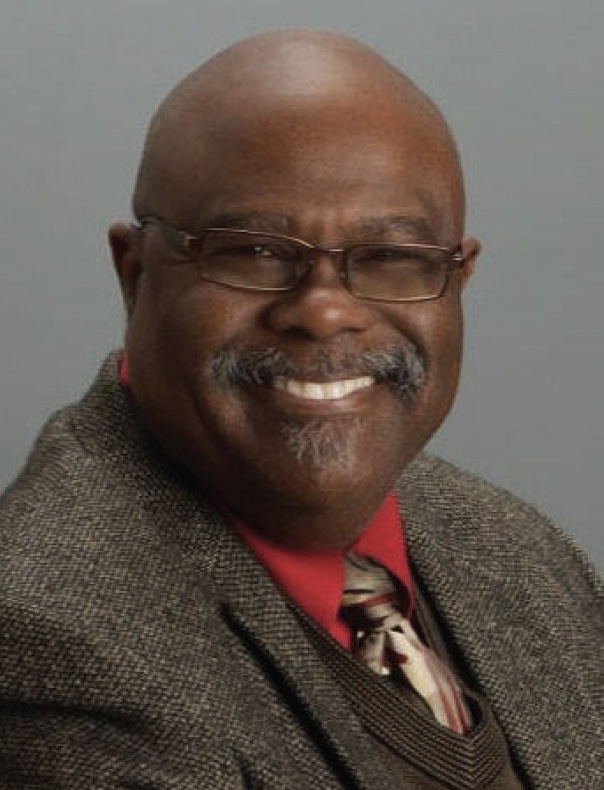
Dr. Clive Kennedy is currently a clinical supervisor and administrator of a training program for marriage and family therapists, professional clinical counselors, social workers, and psychology graduate student’s practicum and internship training experiences. He is the former president of the Los Angeles chapter of the Association of Black Psychologists. He is an American Psychological Association (APA) doctoral alumnus and received his Ph.D. in clinical psychology from the University of Washington in 1981.
Dr. Kennedy was initially drawn to the MFP because of the opportunities to learn about diversity within the field. He shared, “I was impressed with the potential benefits of psychology and wanted to share it with the community. Yet there was little diversity among the ranks of psychologists and literature relevant to people of color. I was convinced that MFP could improve all these areas.”
Dr. Kennedy initially envisioned himself working as a community psychologist. He shared, “I wanted to work as a community psychologist focusing on assessments and improving family life. Following my training, I worked with varied populations, settings, and roles before settling down to enjoy my dream job, training a new generation of clinicians.”
Participating in the MFP afforded Dr. Kennedy opportunities to build and nurture his professional network. He stated, “As a graduate student, I visited the APA offices and expanded my perspective to include a national and global worldview. I met visionaries such as Dalmas Taylor, James Jones, and other leaders in the field. In addition, I participated in training opportunities that I would not have learned about if not for the program.”
When reflecting on how he was able to leverage the skills and knowledge acquired in the MFP, Dr. Kennedy shared that it provided opportunities for training and mentorship that he now applies to his professional work. He explained, “I incorporated these experiences into my training and my approach by challenging existing aspects of the criminal justice system (through his service of 33 years on the Los Angeles Superior Court Panel of Experts) and by diversifying the numbers and cultural responsivity of mental health professionals at all levels (through serving five years on APA boards and committees and 12 years as a full professor of psychology).”
Dr. Kennedy attributes his success in his career to the opportunity for mentorship in the MFP. He stated, “The MFP molded and exemplified the importance of mentorship at all levels of academia and training. This became a cornerstone of my professional life as a psychologist, educator, and member of my community.”
When asked what career building advice he would offer to the current MFP fellows, Dr. Kennedy says, “Find your niche, encourage and nurture others to follow, emphasizing the importance of their becoming the best version of themselves.”
Dr. Kennedy had these words to share for individuals considering applying to the MFP, “Consider your unique characteristics and recognize how much you must contribute to making the world a better place to live. Develop your passion that resonates with your own academic experience and share this with those who reflect your own characteristics and values.”